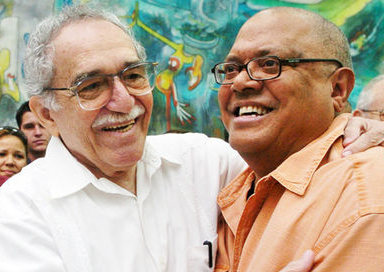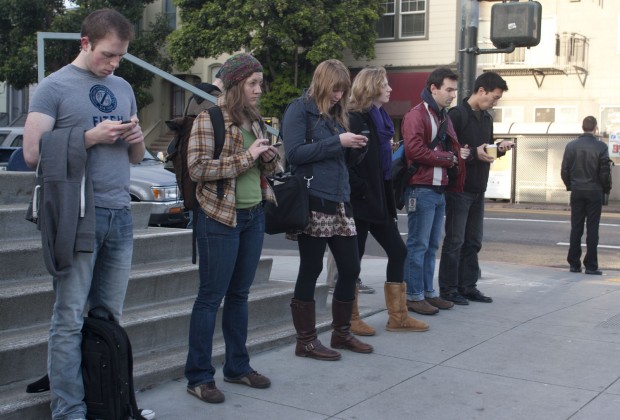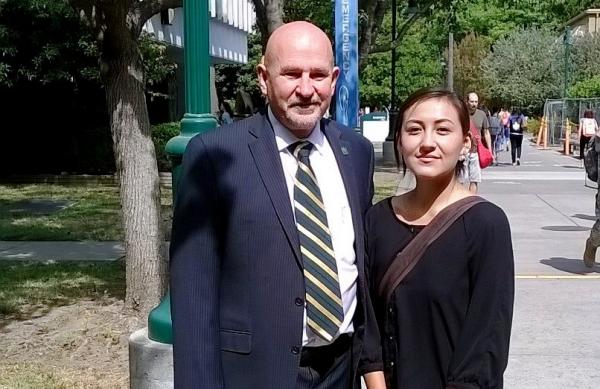by the El Reportero’s wire services
The 25th meeting of Heads of National Drug Law Enforcement Agencies in Latin America and the Caribbean continues today in San Pedro Sula and the main topics are prevention and drug trafficking.
“We must translate this issue to a simple language: prevention, so that our people understand that we have to stand together”, said at the event the Honduran President, Juan Orlando Hernández.
Sponsored by the United Nations’ Commission on Narcotic Drugs, the meeting is attended by delegations from 44 countries and several international organizations.
During his speech, Honduran President Orlando Hernández emphasized the problems caused by the violence due to drug trafficking in the country, and acknowledged the need to continue moving forward on this issue.
“Hondurans must believe that we can restore security”, he added.
As on previous occasions, the President stressed the need of seeking solutions to the challenge of drug trafficking, and analyze it with a more regional approach.
Honduras is one of the most violent countries in the world, with a homicide rate in 2014 of 68 per 100,000 inhabitants, the equivalent of about 16 deaths per day.
The Government acknowledged that most of the homicides are linked to drug trafficking in the territory.
Guatemala landslide kills 186
Guatemala raised today the death toll to 186, confirmed by a recent landslide that buried a community near the capital and where there are still nearly 300 missing.
The Public Prosecutor updated the data after the morgue received more bodies recovered in the last hours by rescue teams of the country and Mexican brigades.
According to the State Coordinator for Disaster Reduction, crews continue to search for the missing with the support of canine units, but with no hope of finding any survivors.
A huge landslide buried last Thursday El Cambray II locality, located at 15 kilometers from the Guatemalan capital and where the ground was saturated by the rains of the previous days.
Most Mexicans feel insecurity in residence places
Sixty-eight percent of the Mexican population older than 18 years old, feels insecure in their respective cities, according to the National Survey for Urban Public Safety (ENSU) announced Wednesday.
With information data from last September, the polled population showed that in the last three months, they have listened or seen in the surroundings of their houses situations, such as consumption of alcohol in the streets (73.2 percent), thefts or assaults (66,6 percent) and vandalism (57.6 percent).
They are all followed by the sale or consumption of drugs (42.1 percent), violent bands or pandillerismo (34.3 percent) and frequent shots with weapons (32 percent).
Regarding the expectation on the public safety, 34.9 percent thinks that it will be still equal, while 29.8 states that it will deteriorate. Only 12.9 percent thinks that it will improve.
Sixty-five point eight percent showed that it modified its habits, with regard to taking valuable objects, like jewels, money or credit cards and 58.5 percent did it with regard to allowing their younger sons to go out of the house.
The survey was spread by the National Institute of Statistics and Geography.










